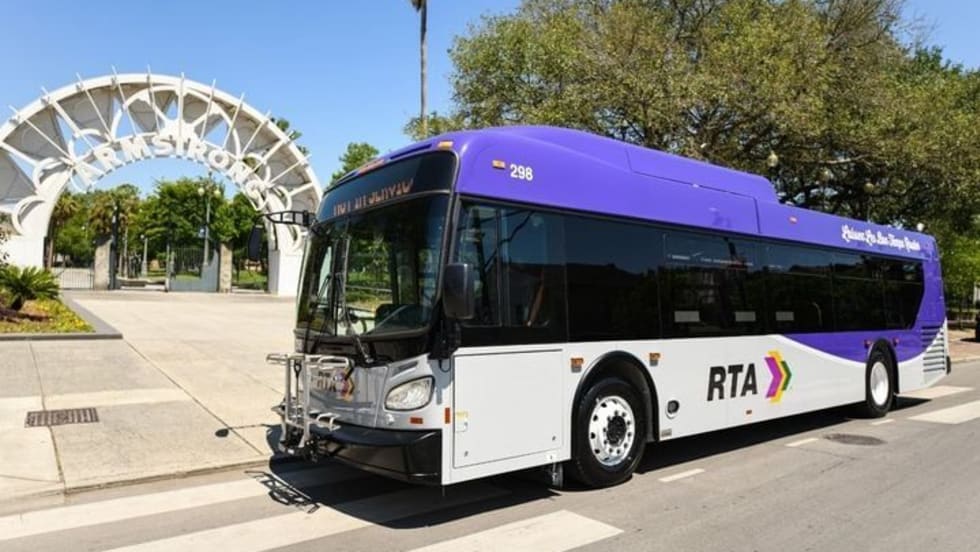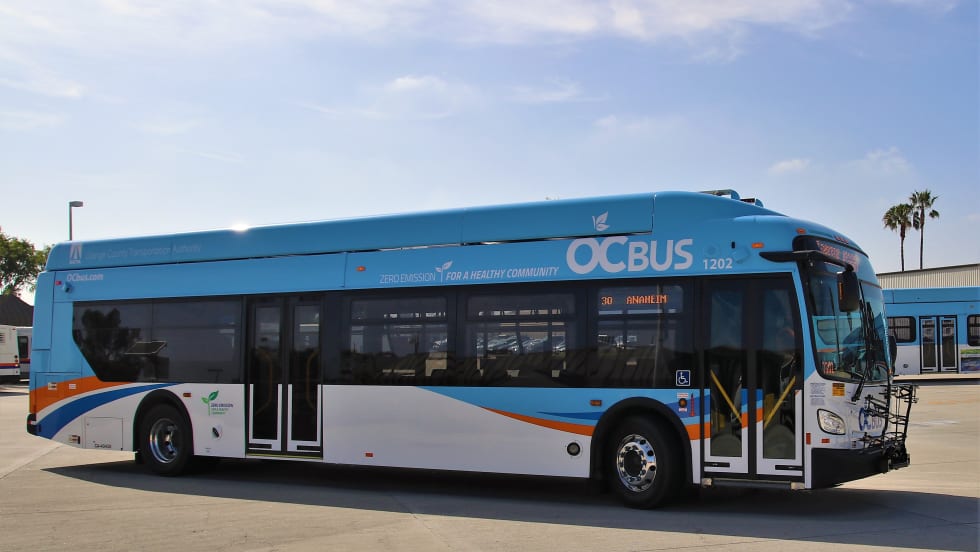The Equity in Infrastructure Project (EIP), a national group focused on improving and creating contracting opportunities for Historically Underutilized Businesses (HUBs), has chosen Chicago Transit Authority (CTA) President Dorval R. Carter, Jr. as its co-chair, according to CTA's news release.
Carter was one of the original five signatories of the EIP pledge, a commitment to helping build generational wealth and reduce the racial wealth gap by assisting HUBs that seek to participate in large infrastructure projects as prime contractors, joint venture partners, or as equity participants.
“As someone for whom equity has been a foundational principle, my involvement with EIP has been important both personally and professionally,” said Carter. “Since EIP launched two years ago, CTA has been fully committed to moving it forward, in part by sharing the successful local initiatives executed by CTA’s Diversity Programs Department with our transit peers, and creating national models that can be replicated, by transit and transportation entities, as well cities across the country.”
Details of the EIP Pledge
EIP was founded prior to the $1.2 trillion Infrastructure Investment and Jobs Act (IIJA), with a mission to leverage infrastructure spending to build wealth in underserved communities.
CTA joined the Denver International Airport, the Port of Long Beach, the Metropolitan Water District of Southern California, and the Southeastern Pennsylvania Transportation Authority (SEPTA) as the first members of EIP, helping create the program’s first effort: the EIP Pledge.
Entities signing the pledge have committed to using funds from the IIJA to increase contracting opportunities going to HUBs by facilitating access and reducing barriers to compete for business.
As part of the EIP program, earlier this year, CTA and SEPTA signed a memo of understanding committing to the development of an interstate certification program for Small Business Enterprise (SBE) firms.
The program will allow SBEs to compete as potential prime contractors for small business set-aside contracts with both CTA and SEPTA following a single certification.
The program will provide a model that other public transportation agencies will be able to adopt, opening up new markets and contracting possibilities for participating SBEs.
EIP’s definition of “HUBs” includes Disadvantaged Business Enterprises (DBEs), Minority and Women-Owned Business Enterprises (M/WBEs), SBEs, and any other business classification used locally in the U.S. that is intended to boost the participation of otherwise underutilized firms, which can vary by state, region, and municipality.














